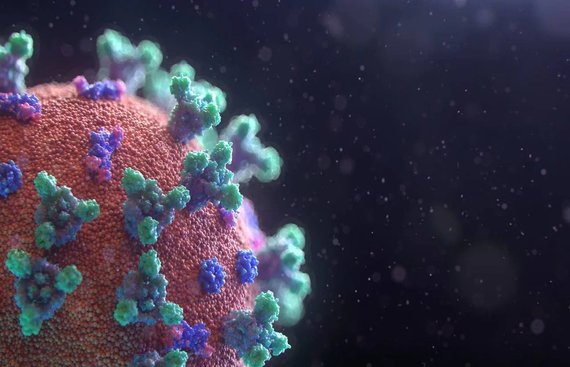Leading Bio-Tech Companies are Banking on once Dismissed mRNA technology to Deliver the Vaccine

At present, a host of drugmakers globally are on the path to develop experimental vaccines for the Novel Coronavirus. This includes CureVat – a German Bio-Tech Firm, Translate Bio – a Theuropatic company based in the USA, Massachusetts, Pfizer - a 171-year-old Fortune 500 powerhouse, and one of the World’s biggest drug company and also Moderna - a 10-year-old biotech company with billions in market valuation but no approved products.
While all the above-mentioned players actively involved in developing the vaccine are at different stages of clinical trials, they all have one thing in common. All these companies are banking on a genetic technology named synthetic messenger RNA to deliver the COVID-19 vaccine.
mRNA is a variation on the natural substance that directs protein production in cells throughout the body. The concept of mRNA is not a new one; for decades, scientists have dreamt of the endless possibilities custom-made RNA has to offer on the table. The idea of synthetic messenger RNA is to make precise tweaks in the human RNA by injecting people with synthetic mRNA, which has the capability to turn the entire human cells into a drug-making factory.
However, turning this promise into reality is somewhat tricky as, over the years, the idea has stumbled across many roadblocks. Moreover, to date, no mRNA-based drug or vaccine is yet to get approval.
The story about a little-known scientist that could yet save the World
Before messenger RNA was a billion-dollar idea, the concept was very much under the scientific backwaters. This is the story of Katalin Kariko, a Hungarian biochemist who, for most of her career, the entire decade of the 1990’s collecting rejections after rejections for her work on attempting to harness the power of mRNA to fight diseases.
The problem with inducing patients with synthetic RNA was that it would notoriously trigger the body’s natural immune defenses, resulting in biological havoc that could, in turn, cause adverse health effects. Katalin Kariko’s idea seemed too far-fetched for getting government grants or corporate funding.
After almost a decade of trial and error, Katalin Kariko, in collaboration with her colleague Drew Weissman – an Immunologist and a Ph.D. degree holder from the University of Boston finally figured out a way to get over the stumbling block.
All strands of mRNA are made up of four molecular blocks called Nucleosides. Injecting synthetic RNA in the typical fashion leads to vexing of the immune response treating the newly introduced RNA strand as an intruder. Karikó and Weissman eventually figured out a slightly tweaked version, creating a hybrid mRNA that could sneak into the cells without alerting the body’s defenses.
The discovery that was made way back in 2005, similar to the idea, flew under the radar of the scientific community. The studies made by Katalin kariko and Weissman did not go completely unnoticed. It finally caught the attention of two scientists - one in the United States, another in Germany — who would later help found Moderna and become Pfizer’s future partner, BioNTech as well.
Like Moderna, BioNTech also licensed the technology developed by Katalin Kariko and her collaborator Weissman. In 2013, BioNTech would also hire Katalin Kariko as Senior Vice President to help oversee the mRNA work.
The recent outbreak of the COVID-19 Pandemic has put the synthetic messenger RNA technology at the forefront to deliver the vaccine. At present, the success of the mRNA technology in all the stages of the clinical trials remains humanity’s biggest hope to deliver the vaccine as soon as possible.
